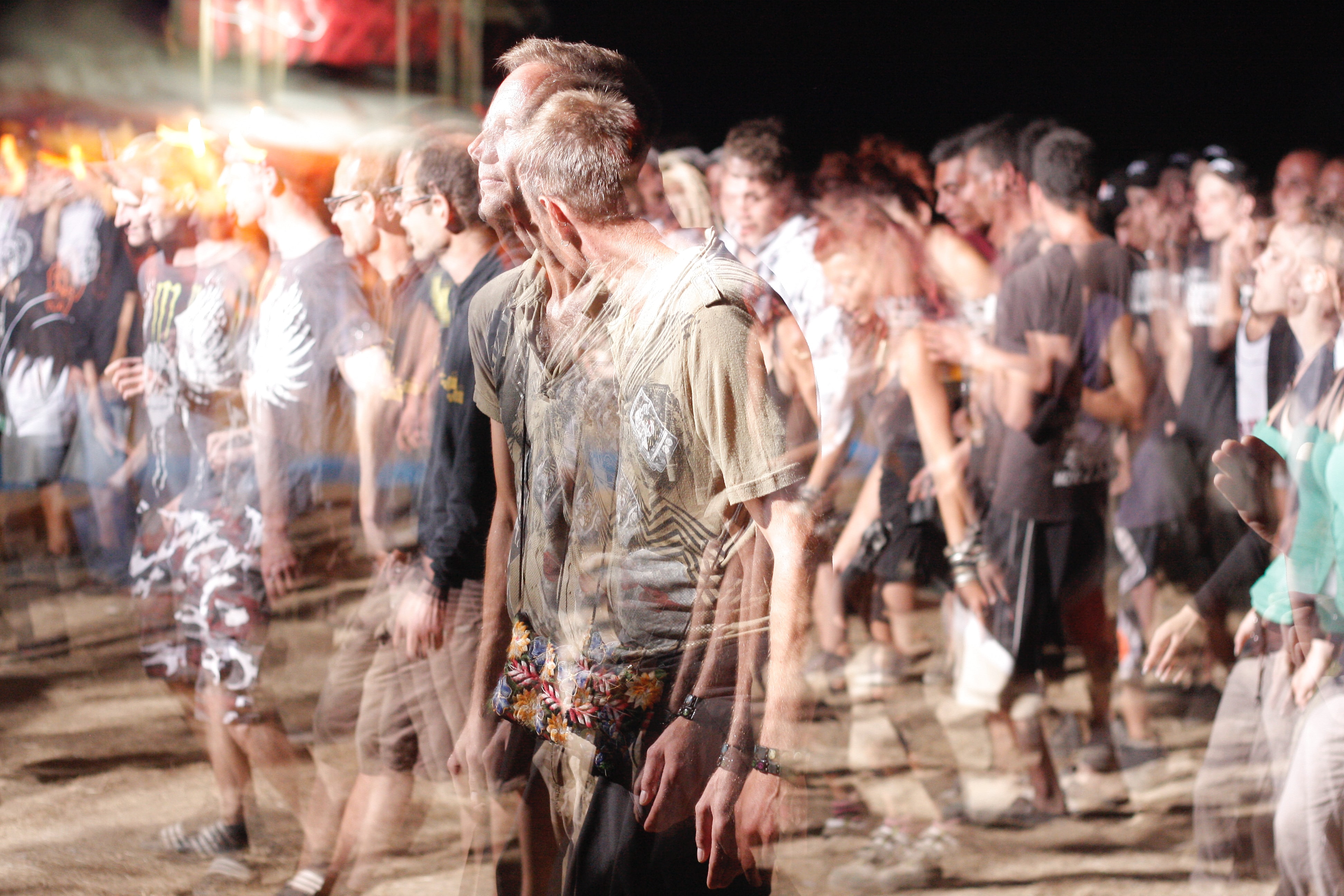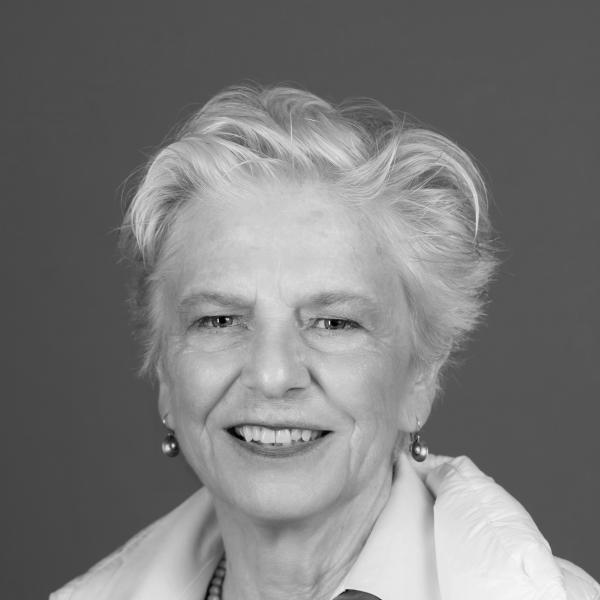From Prog Rock to Progressive Therapies: The Medical Potential of Microdosing Psychedelic Drugs

What does the term microdosing mean to you? If you’re a sports fan then maybe it makes you think of the cyclist Lance Armstrong and the furor surrounding his performance-enhancing EPO usage. Or if you’re clued in on drug development then perhaps you know it’s an approach used to examine the cellular-level response to drugs.
But in recent years, the concept of microdosing – administering compounds at sub-therapeutic levels that are unlikely to induce a whole-body response - has taken a new turn: psychedelics.
LSD and psilocybin (the compound found in magic mushrooms) are psychedelic drugs that are perhaps most commonly associated with creatives in 1960s counterculture. At high doses, LSD powerfully alters perception and cognition, resulting in auditory and visual hallucinations – colloquially known as a “trip.” However, when taken repeatedly at low, almost undetectable doses, LSD is anecdotally reported to enhance creativity and elevate mood. This has meant a resurgence in LSD use by members of the tech community in Silicon Valley, who claim that microdosing psychedelic drugs improves their work performance and innovation. In fact, Steve Jobs, the late CEO of Apple Inc. was said to have taken psychedelics, and the successful podcast host Joe Rogan is a proponent of microdosing psilocybin.
But a lack of rigorous scientific studies into the effects of microdosing psychoactive compounds means that it is difficult know if these anecdotal claims are true, or what the long-term effects of continued usage might be.
 Harriet de Wit, PhD, head of the Human Behavioral Pharmacology lab at UChicago, is one of the scientists at the forefront of understanding the possible benefits and implications of microdosing psychedelic drugs. For de Wit, this lies primarily in understanding if these drugs hold the potential to be used in a therapeutic context at low doses. Although there is some interest in a clinical use for psychedelics – for example, psilocybin was granted “breakthrough therapy” status by the FDA in 2018 as a possible treatment for depression – properly investigating these drugs is an exciting new area for pharmacology.
Harriet de Wit, PhD, head of the Human Behavioral Pharmacology lab at UChicago, is one of the scientists at the forefront of understanding the possible benefits and implications of microdosing psychedelic drugs. For de Wit, this lies primarily in understanding if these drugs hold the potential to be used in a therapeutic context at low doses. Although there is some interest in a clinical use for psychedelics – for example, psilocybin was granted “breakthrough therapy” status by the FDA in 2018 as a possible treatment for depression – properly investigating these drugs is an exciting new area for pharmacology.
An initial study published by the de Wit lab last year was an important first step for identifying the suitable dose of LSD that could be used repeatedly over multiple days.
In the double-blind trial led by lab member Anya Bershad, MD, PhD, now a medical resident in Psychiatry, 20 healthy adult participants were given one of either a placebo or three very low doses of LSD (6.5, 13, and 26 micrograms) every four days for two weeks. For context, an active dose of LSD, enough to elicit a hallucinogenic response, is 100-200 micrograms. Participants were monitored over an eight-hour period in a safe, controlled environment to assess how the dose affected their mood and behavior, as well as other physiological measures, such as heart rate and blood pressure. Importantly, all participants went through a rigorous screening process before they were allowed to partake in the trial.
The result? Mostly that the anecdotal evidence around increased creativity is just that. Although participants reported increased feelings of unity and bliss when receiving the two higher doses of LSD, the very highest dose also resulted in increased feelings of anxiety. Otherwise there was no significant impact on cognitive or motor function compared to the placebo dose.
But for the lab, this doesn’t mean the end of the road. In finding that low doses of LSD do not impair cognitive functioning or day-to-day activities, the study is an important starting point for future trials into using microdosing as a therapy for mild depression. The lab hopes to build on this to assess how response to LSD varies between individuals, and whether a cumulative effect might be built up over time.
For now, it looks unlikely that microdosing LSD has any scientifically validated impact on brain power. Nonetheless, this pioneering research has wider importance: de Wit is confident that even as a proof-of-principle, using a scientific method to investigate the perceived and physiological effect of psychedelics is important for neuroscience. And it’s innovative research like this that might pave the way for other therapeutic options for depression, anxiety, or PTSD in the future.
Helen Robertson is a postdoctoral scholar in Molecular Evolutionary Biology at the University of Chicago, with a keen interest in science communication and science in society.